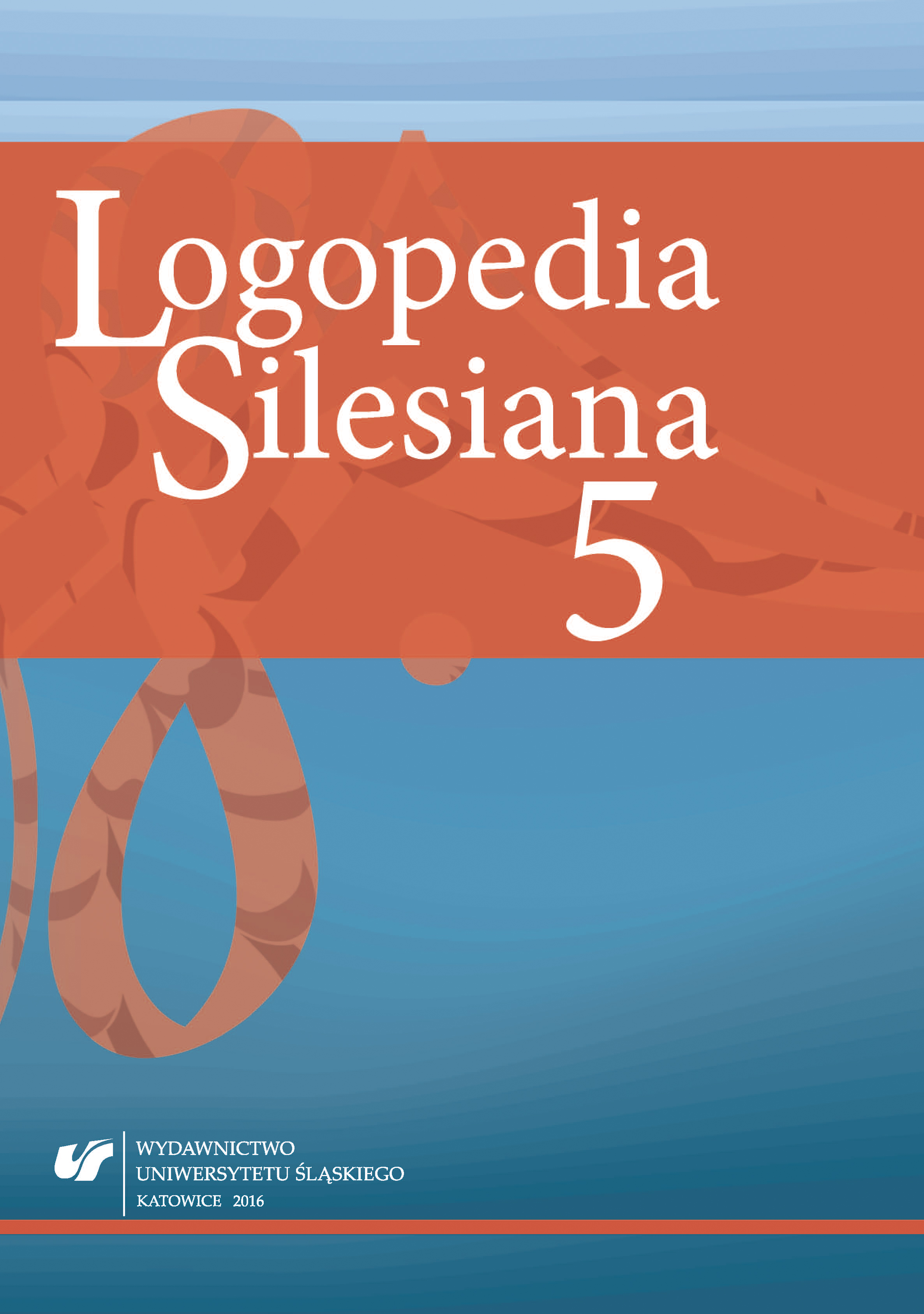Impairment of Episodic and Working Memory as a Predictor of Dementia Development in Mild Cognitive Impairment Results From Four Years of Prospective Follow up
Impairment of Episodic and Working Memory as a Predictor of Dementia Development in Mild Cognitive Impairment Results From Four Years of Prospective Follow up
Author(s): Joanna Siuda, Maja Patalong-Ogiewa, Grzegorz OpalaSubject(s): Language and Literature Studies
Published by: Wydawnictwo Uniwersytetu Śląskiego
Keywords: memory; mild cognitive impairment; dementia
Summary/Abstract: Mild cognitive impairment (MCI) is a risk factor of dementia. Early impairment in episodic memory is considered to be a predictor of progression to dementia. The goal of the study was to evaluate the utility of baseline cognitive testing of episodic and working memory in the risk assessment of the dementia development in MCI. We studied 55 MCI patients and 44 controls, assessed annually by a set of neuropsychological tests for four years. The Petersen criteria were used to diagnose MCI, and DSM-IV criteria were applied to diagnose dementia. Variant analysis revealed significant differences in the results of individual cognitive tests between MCI converters who developed Alzheimer’s disease (AD) at follow up, MCI non-converters, and controls (p < 0,05). At baseline, MCI converters had significant impairment in all tests comparing to MCI non-converters. APOE4 status had a significant influence on AD development in our MCI group (p = 0,0022). The study showed that significant impairment in baseline results of tests evaluating episodic (delayed recall)and working memory in MCI is a good predictor of dementia development in the future.
Journal: Logopedia Silesiana
- Issue Year: 2016
- Issue No: 5
- Page Range: 138-151
- Page Count: 14
- Language: English

